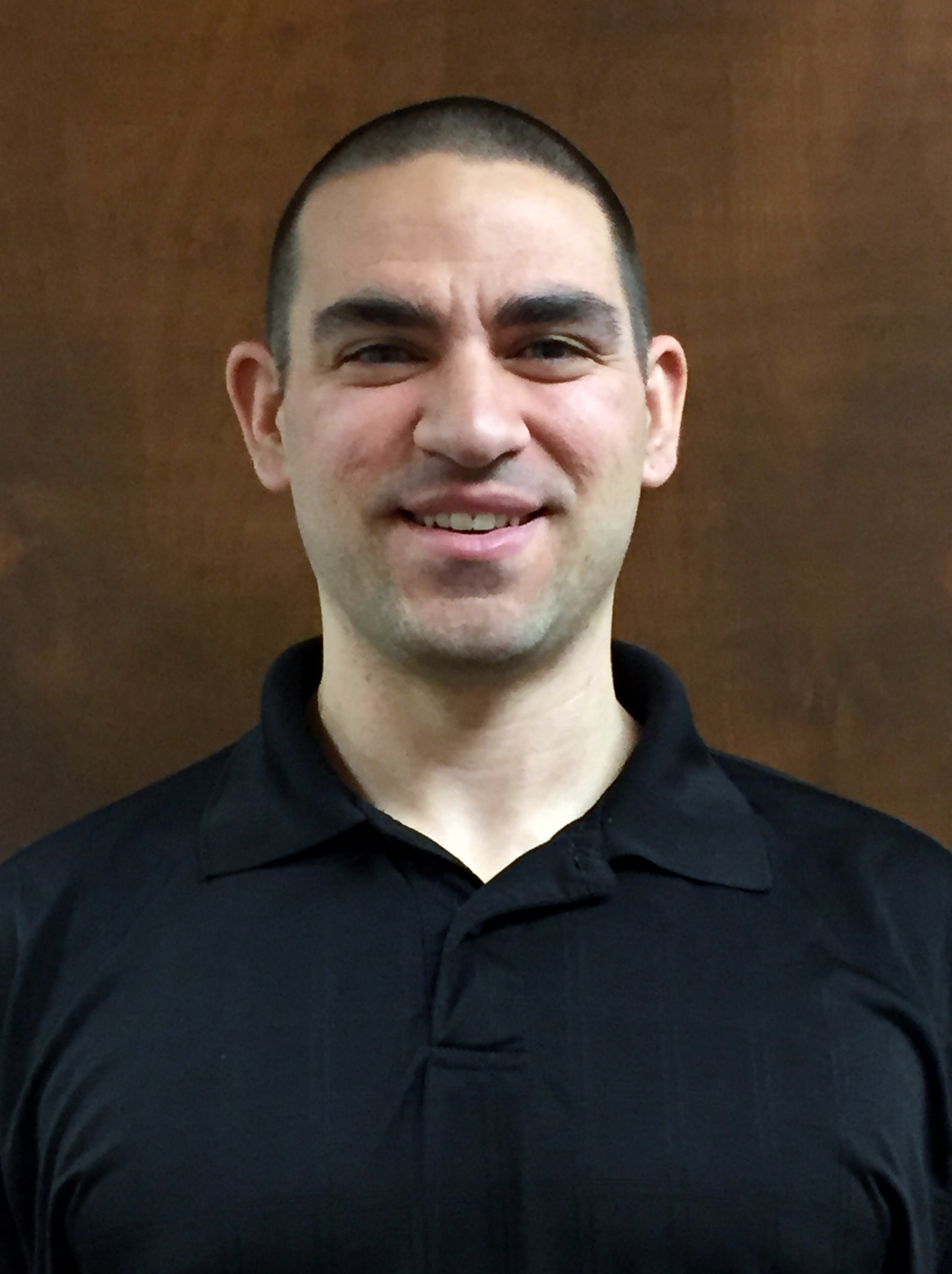Problem Gambling Showing up at Work Posted On
We often talk about problem gambling as it relates to families. Of course we do, it is a family disease. But, that doesn’t mean that problem gambling isn’t affecting people and things outside of the family. When someone has a gambling problem, it is likely that their colleagues will recognize signs or be impacted by it. Most of us spend more waking hours with our co-workers than with our partners and families. We talk to our co-workers about our families, our interests and what’s going on in our personal lives. A co-worker might not say the words “I have a gambling problem” to you, but they might be giving you some signs, that, if you know to look for them, could indicate that they are struggling with a gambling problem.
Pay Attention
When it comes to your co-workers, things you could potentially notice are things like co-workers asking for money, excessive talk about gambling or encouraging you to gamble with them or incessantly checking their cell phone. You might also notice a change in behavior such as increased frustration, anxiety, or stress. Someone with a gambling problem is likely to report more arguments with their family members.
How This Affects You
When your coworker is experiencing a gambling problem, it is likely that over time their work performance will begin to suffer. Often times people with gambling problems have poor attendance at work or are distracted during their time at work. This affects co-workers like you who are left to pick up the slack or are now missing deadlines. For people some lines of work having distracted or absent co-workers it could be downright dangerous.
What You Can Do
There are things you can do! By letting someone know you’re concerned about them in a nonjudgmental way, it lets them know you care and that you see them. Many employers have EAP programs that can help address issues that are impacting work or the people at work. There are also many professionals that work with people with gambling problems across the state of New York. Connect with your local problem gambling resource center so that you can be familiar with how to access services, or make the call with them. Read about or listen to podcasts with other people’s problem gambling recovery stories so you can share stories of hope. You can plant seeds of hope and recovery for someone you might think is struggling but not ready to talk about it. Being supportive and nonjudgmental is the best way.
Recovery from problem gambling is real. Learning about the warning signs of a gambling problem is the first step to helping someone find their own path to recovery. Recognize that even if you see that your co-work has a gambling problem, they might not be ready to admit it or to start making changes, but you can continue to encourage them with support. Recovery starts when the individual is ready so keep the door open for them by continuing to engage them in conversations about interests and talents they have outside of gambling. Don’t forget to set your own boundaries so that you aren’t going to be put in a position to cover for them or lend money. This is key to ensuring your own well-being!

